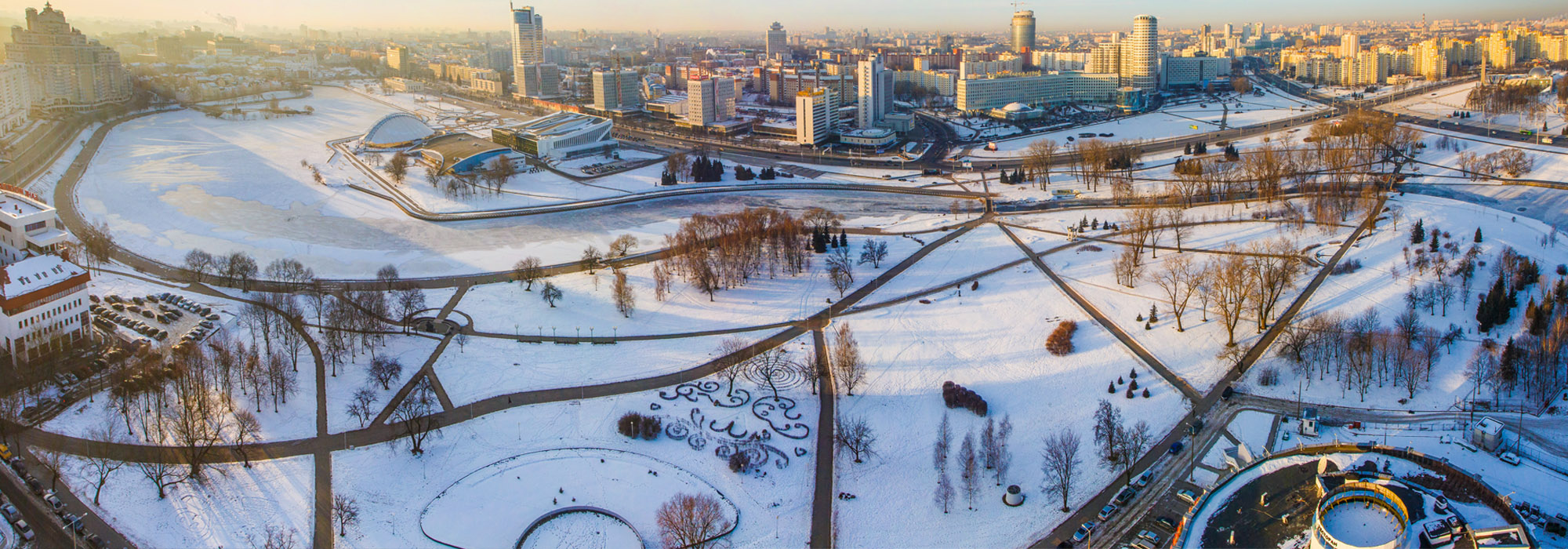
The recent renegotiation of NAFTA has highlighted Canada’s overwhelming dependence on trade with the United States. US President Donald Trump’s comfort with imposing tariffs on its northern neighbour raises questions about access to the American market over the long term. Laudably, in the wake of the new USMCA deal, the Trudeau government has strengthened its calls for Canada to diversify its economic and trading relationships.
To supplement this strategy and increase Ottawa’s negotiating leverage with Washington over the long term, Canada should also push for greater pluralism in the political and diplomatic realms. The aim should be to reverse its post-Cold War trend of conducting an increasingly narrow continental foreign policy. More far-reaching partnerships with leading global actors such as China and the European Union are an indispensable part of this strategy. But Canada – not quite yet in the big leagues on the world stage – would do well to complement these with selective cooperation with key small states. One such state is Belarus.
Like Canada, Belarus is seeking to diversify its international partnerships and pursue a multifaceted foreign policy in the wake of increasing assertiveness from a powerful neighbour. Cooperation between the European Union and Belarus – albeit limited – has picked up in recent years, and Minsk has also begun to position itself as a central hub of China’s Belt and Road Initiative (BRI). The BRI seeks to enhance connectivity between European and Asian markets. Recent visits to Minsk by high-level Americans indicate that the US is also showing greater appreciation for Belarus’s geopolitical role.
Belarus’s strategy is to obtain the best of both worlds: It remains a member of the Russian-backed Collective Security Treaty Organization (CSTO) military alliance, but in the context of the conflict in Ukraine it has pursued situational neutrality, offering itself up as a site for peace talks. Belarus is increasingly seen not as a country firmly entrenched within the Russian sphere of influence, but rather as an important “in-between” state and a place for East-West dialogue. Canada could aspire to something similar, benefitting from membership in NATO and the broader Western community of nations while also asserting an increasingly independent foreign policy.
Belarus is increasingly seen not as a country firmly entrenched within the Russian sphere of influence, but rather as an important “in-between” state and a place for East-West dialogue. Canada could aspire to something similar…
A 21st-century Canadian strategy to protect national security and prosperity must aim to cultivate good relations with the US, Europe, Russia and China, while helping to provide stability and predictability to the relations between them. The latter requires strengthening the governance and building resilience of in-between states – those countries situated in neighbourhoods adjacent to two major powers. This will ensure that they become pillars of regional order rather than vacuums where great-power interests clash.
In this context, there is considerable scope for a mutually beneficial, creative and flexible partnership between Ottawa and Minsk.
First, Ottawa and Minsk should intensify their bilateral contacts. In late September, Canada dispatched to Minsk the highest-level delegation since the two countries established diplomatic ties. This trend should continue. One idea might be to launch an exchange program and informal strategic dialogue between civil servants, focused on sharing best practices in foreign policy development. Each country has its own experiences to share with respect to which governmental, economic and diplomatic resources are useful in the pursuit of foreign policy diversification.
Second, Canada and Belarus should co-host an annual forum on security in the Euro-Atlantic and Eurasian regions, rotating between an eastern Canadian city and Minsk. This conference would bring together leaders, diplomats, academics and policy experts from North America, Europe, Russia and China, with the aim of building trust and developing a common vocabulary for contemporary regional challenges. This conference could build on and strengthen the newly established Minsk Dialogue Forum, whose inaugural gathering in May this year brought together more than 500 diplomats, experts and military officials. (A similar initiative on security in the Asia-Pacific region could also be advanced, featuring rotating conferences between a western Canadian city and Singapore, for example.)
Through this initiative, Ottawa would be able to position itself as an independent actor and stakeholder in the international security order and a link between Brussels, Moscow and Beijing. Ottawa and Minsk could also take a leading role in reducing tensions and establishing more stable relations between great powers in the Eastern Europe and Baltic Sea region. Canada’s role as the designated lead country in NATO’s Enhanced Forward Presence battle group in Latvia, a Baltic country bordering Belarus, makes Ottawa particularly well suited to this task.
Third, and most fundamental, Canada should establish an embassy in Minsk. Currently, Canada’s official representation to Belarus is based at the Canadian embassy in Warsaw, Poland. Opening an embassy on Belarusian soil would not only further the potential for deeper cooperation between Ottawa and Minsk, it would also begin the process of rectifying Canada’s shocking absence from the massive post-Soviet space – a region neighbouring Canada by way of the Arctic – where there are only three Canadian embassies spread out across the 12 non-EU Soviet successor states.
These short-term proposals are political in nature, reflecting the fact that the newly negotiated USMCA may somewhat limit Canada’s freedom of action in the economic sphere. A clause that gives Washington the right to review the text of any free trade deal that Canada plans to sign with a “non-market” country. Conventional wisdom dictates that Canada should aim to diversify its economic relationships as a means of increasing its international political clout, but one implication of the Trump presidency may be that the reverse is now true. To achieve medium- or long-term economic aims, Canada will at times have to use political means.
Belarus is a member of the Eurasian Economic Union (EEU), a fledgling integration project with Russia at its core. By 2025, Donald Trump will no longer be president, the EEU will have assumed a clearer and fuller form, and discussions will likely be underway for an EEU-China free trade agreement. This agreement might eventually lead to a free trade zone across the Eurasian supercontinent. Over the medium term, Canada should use its nascent partnership with Belarus to secure Minsk as an ally within the EEU framework. This could help to situate Canada favourably within broader economic and political developments across Eurasia. Deeper ties between Canada and Belarus could produce a huge windfall for Ottawa: developing formal linkages across the Arctic between Canada and the EEU as a means of advancing the cause of long-term peace in the world’s circumpolar region, while also finding an additional avenue by which Canada can develop closer ties with Asian markets.
All of these ideas have the potential to transform Canada into a genuine builder of international order. Global geopolitics over the coming decades are likely to be messy. Overlapping, situational and flexible partnerships will be required to maintain a stable foundation for international relations and to avoid outright conflict between major powers. Cooperation between countries that possess differing domestic political systems is necessary. Just as the EU and China are uniting in mutually beneficial ways to oppose Donald Trump’s assault on multilateralism and free trade, a partnership between Canada and Belarus also has the potential to bear significant fruit.
Photo: Royalty-free stock photo ID: 1213512400
Do you have something to say about the article you just read? Be part of the Policy Options discussion, and send in your own submission. Here is a link on how to do it. | Souhaitez-vous réagir à cet article ? Joignez-vous aux débats d’Options politiques et soumettez-nous votre texte en suivant ces directives.










